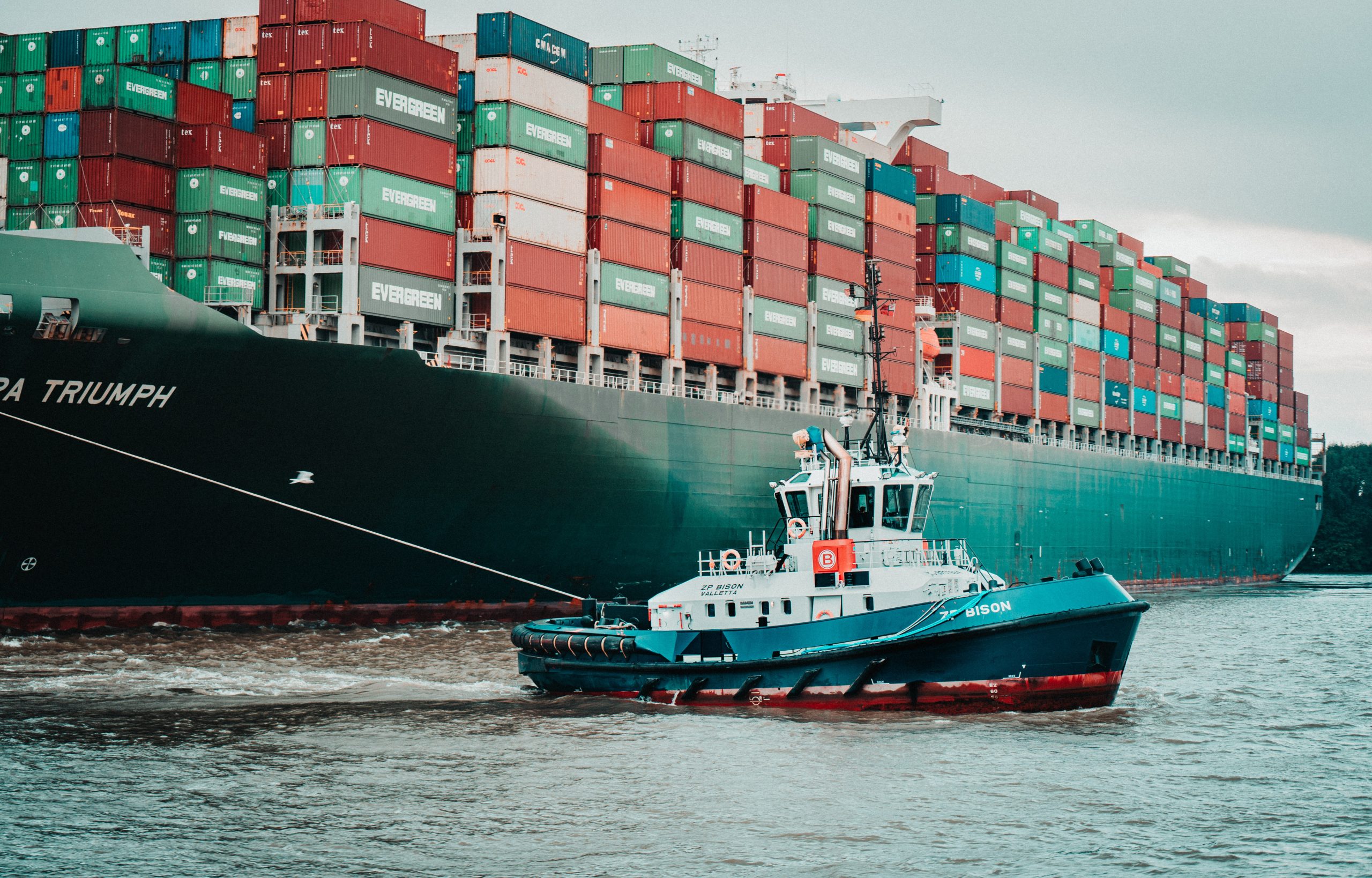It’s safe to say that 2021 was a challenging year for the UK’s construction and building supply chains. A confluence of factors, most notably the ongoing COVID-19 pandemic and the economic fallout of Brexit, has resulted in issues such as shortages in labour and construction materials.
According to the BEIS Monthly Statistics of Building Materials and Components report, material costs rose every month from September 2020 to September 2021. Building work prices in October 2021 also rose by 24.5% year-over-year. Meanwhile, the Financial Times reports that bricklayers are commanding £220 and more for a day’s work (up from £180 before the crisis), largely due to a shortage of skilled construction professionals.
Source: Financial Times
While 2021 ended on a high note for the UK construction industry (the number of firms reporting supplier delays declined from 47% in November to 34% in December), businesses are likely to experience varying levels of disruption this year.
We look at the issues and trends that local contractors and construction firms should pay attention to in 2022.
1. The Building Safety Bill
The Building Safety Bill, which (as of this writing) is making its way through Parliament, will create new safety standards to control how structures are built and maintained. The bill includes regulatory reforms covering fire safety, material quality and a developer levy.
The provisions in the bill will apply to all parties involved in the design, construction and management of high-risk buildings in the UK. The HSE, which will be tasked to enforce the new building safety regulations, has already informed affected parties in the industry to prepare them for these changes.
2. High Shipping Costs Will Remain
Firms hoping for a reprieve from skyrocketing shipping costs may be in for some disappointment as cargo delays and rising freight costs are likely to extend into 2022 and beyond.
The Wall Street Journal reports that the cost of shipping a 40-foot container from Shanghai to Los Angeles in December was 75% higher year-over-year. Events such as Chinese New Year in February and the Beijing Winter Olympics are expected to exacerbate delays and rising charges.
3. Staff Shortages Will Continue
In the 2021 iteration of its annual survey, the Federation of Master Builders, a trading association for small and medium-sized building contractors, reported that over half (53%) of its member businesses had struggled to find workers.
Unless the Government eases restrictions on visas for migrant workers or implements a massive domestic training push, the construction industry is likely to continue to struggle to find talent to fill in key roles. In the meantime, it seems it’s happy days for active construction workers.
4. Digital Transformation Continues, Driven by BIM
We predict that rising awareness of environmental, social and governance (ESG) factors in construction will generate increased investments in digital transformation initiatives. While the digitalisation of construction processes has been years in the making, the instability of the pandemic raised the need to improve the visibility of construction projects and enhance collaboration between different stakeholders and parties in a project.
This is where Building Information Modelling (BIM) comes in. According to NBS’ 10th National BIM Report, 73% of construction professionals said their organisations had already used BIM processes — a massive leap from 13% in 2011.
To improve the visibility of your supply chain and stay ahead of these challenges and issues, consider achieving the Common Assessment Standard. As the elite standard of accreditation in the UK construction industry, the Common Assessment Standard covers 13 areas of risk management, allowing you to mitigate risks involving health and safety, environmental impact, social responsibility and modern slavery.



 Bitcoin
Bitcoin  Ethereum
Ethereum  Tether
Tether  XRP
XRP  Solana
Solana  USDC
USDC  TRON
TRON  Lido Staked Ether
Lido Staked Ether  Cardano
Cardano  Avalanche
Avalanche  Toncoin
Toncoin